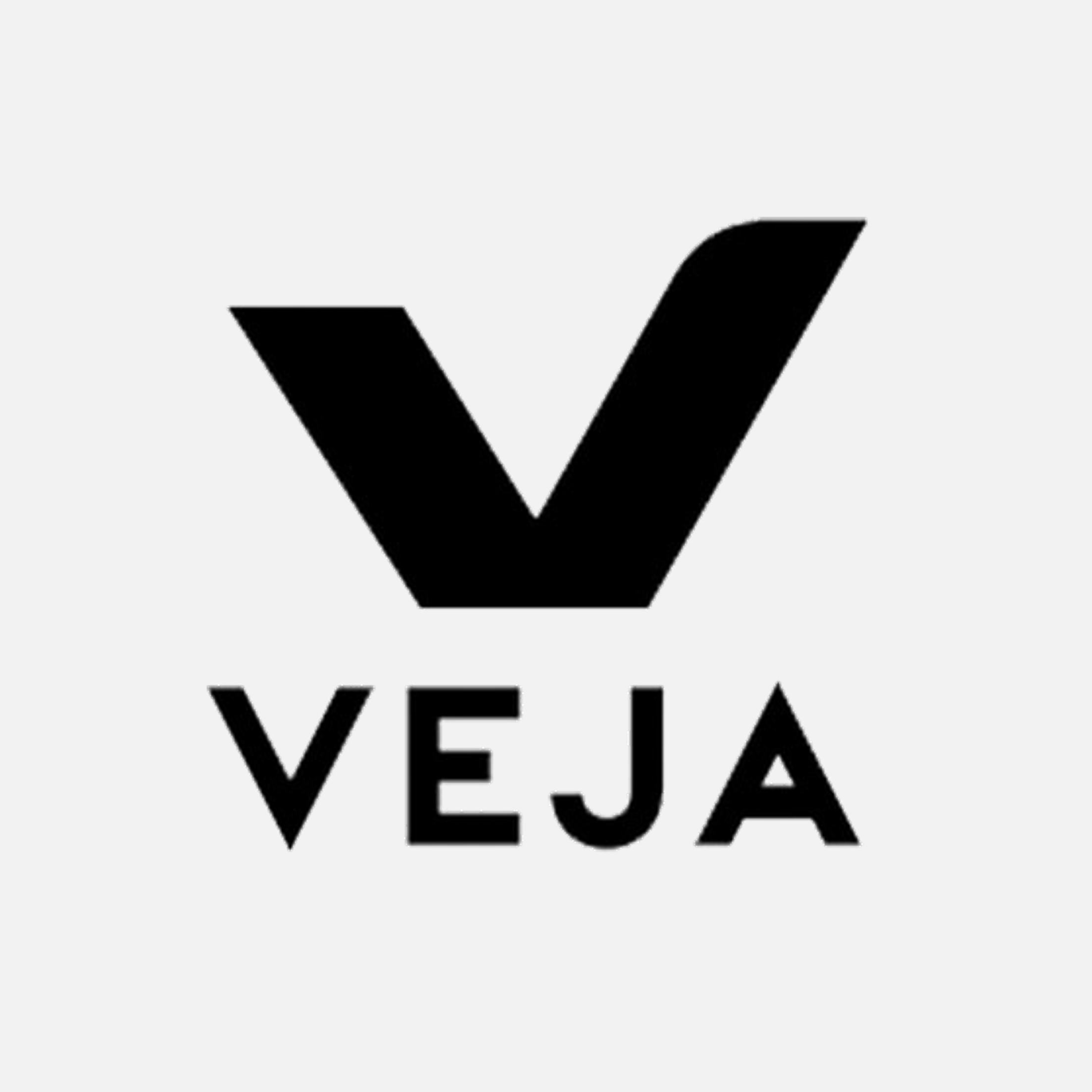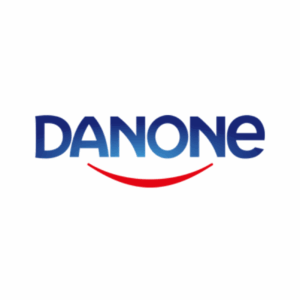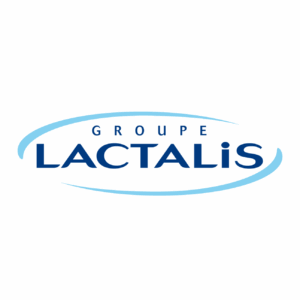Introduction to Veja
Veja, which means “look” in Brazilian Portuguese, has been revolutionizing the footwear industry since its inception in 2005. By intertwining social projects, economic fairness, and eco-friendly materials, VEJA leads sustainably. With a global impact, the company champions responsible action, believing in the power of individuals to create positive change.
Whether you’re strolling on sidewalks or exploring new terrain, these sneakers make a statement
Criteria
Carbon Footprint, High
Veja is committed to reducing its environmental footprint across its value chain. Since 2020, they’ve strived for CO₂-neutral operations globally and offset unavoidable emissions with carbon credits. Although direct emissions are minimal, a significant portion comes from suppliers, notably 97% from leather production. The company has implemented measures to decrease emissions from direct activities (Scope 1) and energy usage (Scope 2), resulting in a reduction of over 70% in emissions
Ecological Impact, High
The brand’s use of natural materials, commitment to fair labor practices, and transparency in its supply chain contribute to its positive environmental impact and appeal to conscious consumers seeking ethically produced products.
- Biodegradable waste materials: Today, over 173 materials from their entire collection get tested every year, as part of their ‘Restricted Substances Veja uses environmentally friendly materials like Amazonian rubber, B-Mesh made from recycled plastic bottles, and a corn-based leather alternative in some vegan shoes.
- Dyeing and laundering fabrics without releasing toxic substances: Veja focuses on sustainable practices in its production processes, ensuring that dyeing and laundering fabrics are done without releasing toxic
Energy Consumption, High
Veja is actively reducing energy consumption and transitioning to clean power sources as part of its sustainability efforts. They have implemented strategies to decrease electricity usage, including utilizing renewable energy for offices and stores. Partnering with Enerccop for 100% green electricity in 2020, Veja reduced emissions from Scope 1 and 2 by over 70%. Their commitment extends to purchasing renewable energy, as seen in the Madrid store powered by renewable energy from Eni Plenitude.
Freight Density, High
Veja has significantly reduced its carbon footprint related to freight and distribution by primarily using boat shipping, with air shipping accounting for only 7% of total transport emissions in 2020. In 2021, Veja completely banned air shipping, showcasing a strong dedication to more sustainable transportation methods. Furthermore, Veja’s distribution efficiency is managed by Log’ins, a company that promotes social and professional integration. This partnership ensures streamlined handling of shipments from Brazil, order preparation, and global shipping while supporting 156 disabled workers in 2022.
Recycling Rates, High
Veja is dedicated to minimizing waste and pollution through various sustainability initiatives:
- VEJA x Darwin Project: Launched in June 2020, this project focuses on cleaning, repairing, and recycling old sneakers to reduce emissions associated with
- Recycled Materials: Veja incorporates innovative materials like B-mesh made from recycled polyester and Hexamesh composed of organic cotton and recycled plastic
- Vegan Alternatives: In 2019, Veja introduced C.W.L, a vegan alternative to leather made from organic cotton canvas coated with cornstarch and ricinus
Saving Levels, High
As mentioned before Veja reduced Scope 1 and 2 emissions by over 70% from 2019 to 2020, partly due to reduced car usage and adopting 100% green electricity sources. Besides that, in 2020, air shipping constituted a mere 7% of Veja’s total transport emissions, showcasing the company’s emphasis on environmentally friendly logistics. Taking a bold step further in 2021, Veja implemented a complete ban on air shipping.
Specific Product Monitoring, high
Veja implements targeted product monitoring strategies to boost sustainability, including a repair and recycling program launched in June 2020, which has already extended the lifespan of over 2,000 pairs of sneakers through repairs in concept stores.
Additionally, Veja tracks environmental indicators like carbon emissions and wastewater management to measure sustainability impact and identify areas for improvement.
The VEJA x Darwin Project further underscores their proactive approach to sustainability by collecting, repairing, and recycling old sneakers. Despite the potential cost savings, Veja remains committed to socially and environmentally responsible materials and processes, as demonstrated by their decision to forego a cheaper production option in a Chinese factory in favor of their Brazilian factories.
Supply Chain Waste, High
Veja employs effective waste management strategies across its supply chain, targeting various sources of waste like shop, warehouse, and office waste, as well as materials used in shoe production. Initiatives such as the VEJA x Darwin project focus on repairing and recycling old sneakers, promoting a circular economy. The brand ensures fair labor practices by sourcing materials directly from producers and prioritizes environmentally friendly materials like organic cotton and recycled PET.
Sustainability Scorecards, High
Veja’s sustainability practices have garnered positive assessments across various dimensions. Veja became B Corp certified in December 2018, earning an overall score of 84.2 in the B Impact Assessment, significantly surpassing the average score of ordinary businesses, which stands at 50.9.
In addition, the Green Business Bureau rates Veja highly in key categories: In the Planet category, Veja earns a “Good” rating for its environmental policies, focusing on lower-impact materials and recycling services. Similarly, in the People category, the brand receives a “Good” rating for its commitment to fair labor practices and supply chain transparency.
However, in the Animals category, Veja receives an “It’s a Start” rating, indicating initial efforts to minimize animal suffering, with room for improvement in formal animal welfare policies.
Water Management, High
Veja’s commitment to sustainability extends to its comprehensive approach to water management. Through initiatives aimed at reducing water consumption and promoting circularity, Veja strives to minimize its water footprint throughout its supply chain.
By utilizing low-impact materials and offering recycling services for end-of-life products, the brand addresses water usage and waste at various stages of production and consumption. Moreover, Veja prioritizes sustainable sourcing practices and collaborates with producers employing soil management techniques and efficient irrigation systems to conserve water and promote responsible agriculture.
Conclusions
Veja stands as a trailblazer in the footwear industry, setting a high standard for sustainability and ethical practices. Through its commitment to eco-friendly materials, fair labor practices, and transparent supply chains, Veja leads the way in promoting environmental responsibility and social impact.
By implementing innovative initiatives to reduce carbon emissions, minimize waste, and manage water efficiently, Veja demonstrates a holistic approach to sustainability that resonates with conscious consumers worldwide. With a steadfast dedication to creating positive change, Veja continues to inspire the industry and pave the path toward a more sustainable future for generations to come.
Veja has achieved a 5/5 rating based on the 10 criteria analyzed, demonstrating its exceptional commitment to sustainability across various aspects of its operations, from eco-friendly materials to fair labor practices and transparent supply chains.
Related to other brands
Number of criteria met by each brand:
ESCP Business School Team
Research developed by five curious international ESCP Business School students who have worked together to successfully complete their consulting project. They analysed four brands in four different categories -20 brands: sneakers, pod coffee, jeans, makeup, and chocolate, according to 10 environmental criteria.
- Amélie Zeck – Sneaker industry analyst
- Manon Droisier – Jeans industry analyst
- Giorgia Casale – Makeup industry analyst
- Amélie Mahon – Chocolate industry analyst
- Capucine Coselli-Vassoille – Pod coffee industry analyst





0 Comments